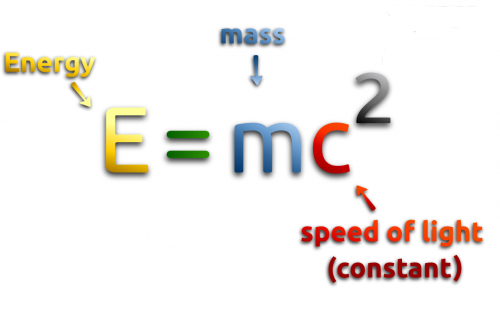Yes, of course, as per each frame of reference. But the speed of light started over there at precisely 'the speed of light' relative to that local frame, seen from over here --does it not show a shift?
You are confusing a local frame of reference with an inertial frame of reference.
Each observer is these different regions of space-time are either stationary in which case there is one inertial frame, or each observer is moving at a constant velocity in which case each observer is in a separate inertial frame.
A local frame by definition is where inertial frames of reference exist within a region of space-time.
It is special only in that it is THIS one and not THAT one, and THAT one is not THIS one. Spacetime expanding implies that THAT one over there, let's call that east, is more compressed and moving faster relative to THIS, than the OTHER, west of THIS, moving slower relative to this THIS in its more expanded spacetime. Yet in each Spacetime, the light travels the same speed relative to that spacetime, no? Seen from the local frame, light from OTHER travels at the speed of light, as does light from THIS travel in this frame at the speed of light within this frame. Thus, the shift observed from any one frame observing light proceeding from another frame is a result of the expansion, or simply, motion.
This is not how space-time expansion works.
Space-time expansion only becomes significant at cosmological scales.
For example the Hubble constant (depending on which method is used) is around 72 km/s/mparsec.
Suppose our local frame of reference is the size of the Earth’s radius (= 6,371 km).
The rate of expansion over this distance is 72 x 6371 x 3.24 x 10⁻²⁰ = 1.49 X 10⁻¹⁴ km/s ≈ 0.
Hence the rate of expansion is for all intents and purposes zero even without talking gravity into account.
Taking gravity into account and applying to the local cluster of galaxies (radius = 5 million light years) expansion doesn’t even occur over such vast distances where there is a concentration of matter.
The speed of light is not affected by expansion; in fact the speed of light is affected in regions of high gravity where there is zero expansion such as in the vicinity of black holes.
Under these conditions the coordinate velocity of light at the event horizon as measured by an observer is zero even though its proper velocity which is in the photon’s frame of reference is c.
Yet, I expect you would tell me that expansion is not a function of motion, but I don't know why not. Spacetime is caused (defined(?)) by bodies/forces in motion, and not the other way around, no? If so, does spacetime expand because the bodies are in motion having begun at a single locality? (Not that 'locality' has much meaning at the BB, since spacetime was infinitesimally small).
Space-time expansion is not defined by bodies/forces in motion.
Bodies can be stationary in space-time but are carried by the expansion.
When cosmological redshifts are measured astronomers need to take into account the possible motions of galaxies moving in space-time.
With regards to the BB, 99% of the population which includes yourself are unaware there a two Big Bang models.
Cosmologists are more interested in the other BB model;
the Hot Big Bang which occurred at the end of the inflation era.
This Hot Big Bang occurred when the universe was not infinitesimally small; it is consistent with the BB theory being a theory about the evolution of the universe not a creation theory as most individuals seem to think.
The original BB theory may regain traction when a quantum theory of gravity is developed and agrees with observation.
Moving away from it, or are you saying it is pervasive and static; it is within expanding spacetime, but has no expansion itself? That would seem to me contradictory, so I will assume it was only 'back then'
Either you failed to comprehend the explanation given or I was not clear enough.
Hopefully this post has clarified the issue.
Lol, this reminds me of a story I heard, (for all I know the story originally was not about Theologians), about a comment Theologian 'A' made concerning Theologian 'B' who had no real concept of what Theologian 'A' had been saying, yet wrote a whole book to refute it. When 'A' was asked by someone else if 'B' was right, he said, "No, he's not right --he's not even WRONG!!!" I see I need to make an appointment to go to Cosmic Radiology.
The not even wrong remark is attributed to the Nobel Prize winner Wolfgang Pauli.




